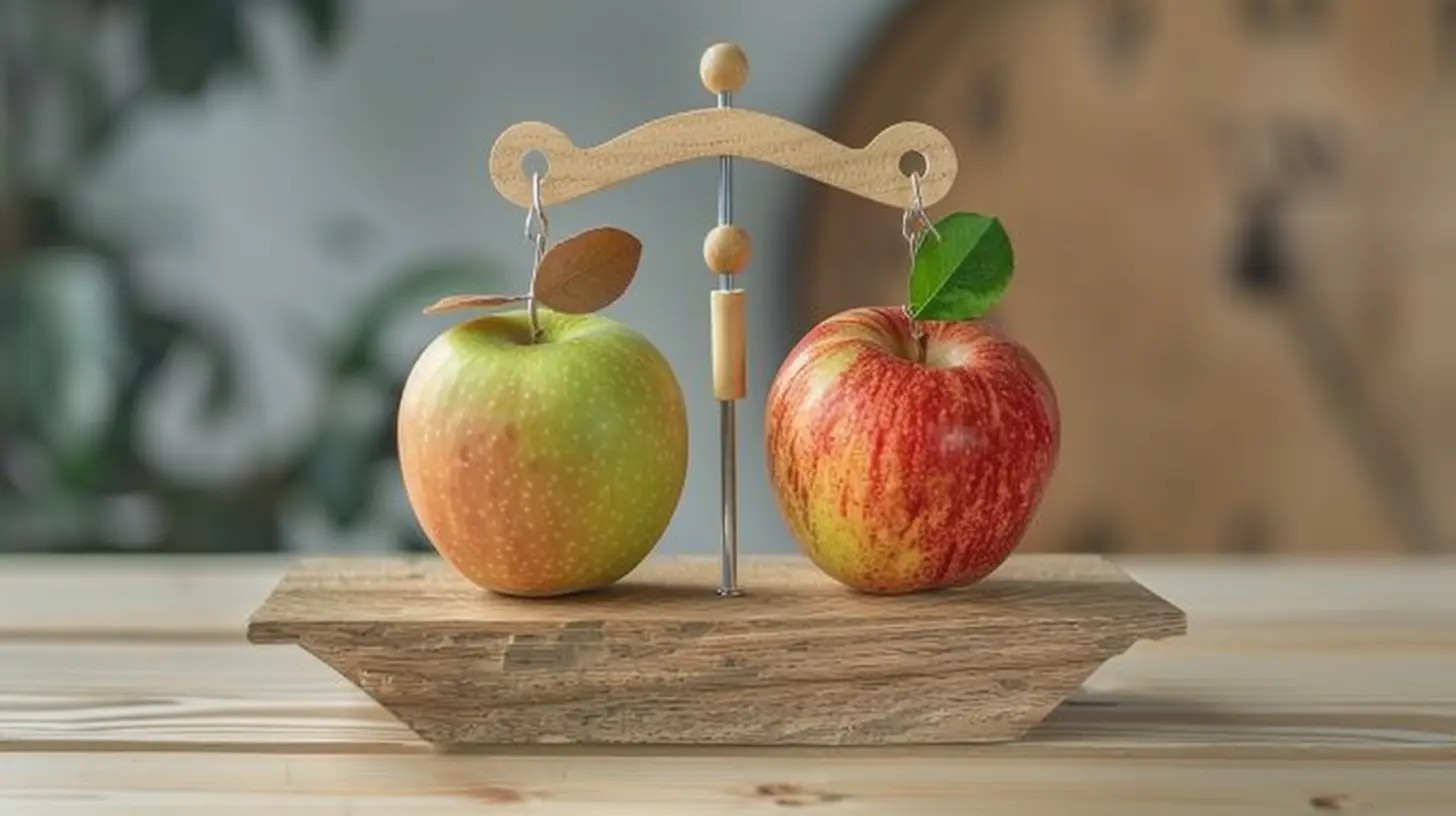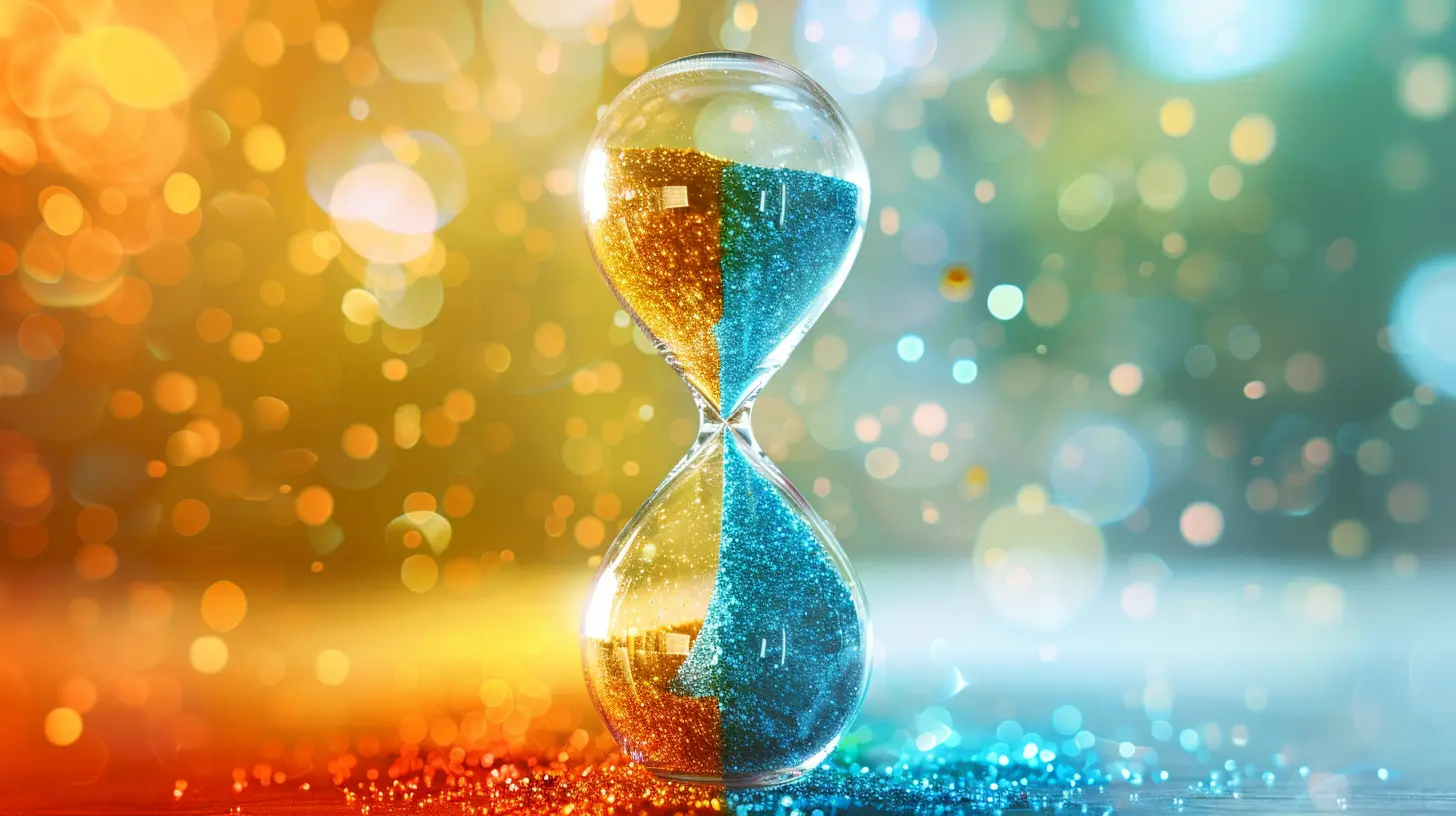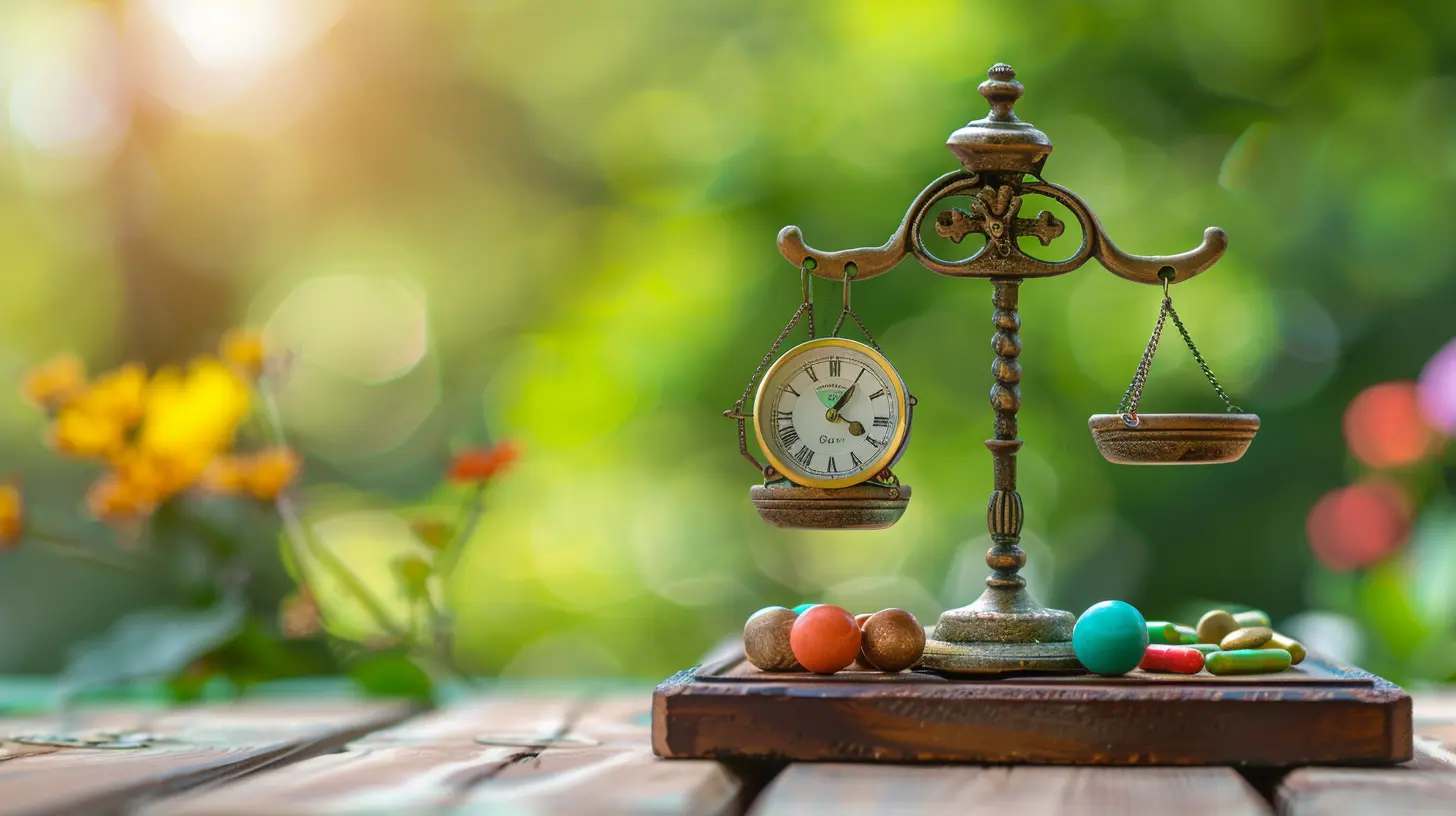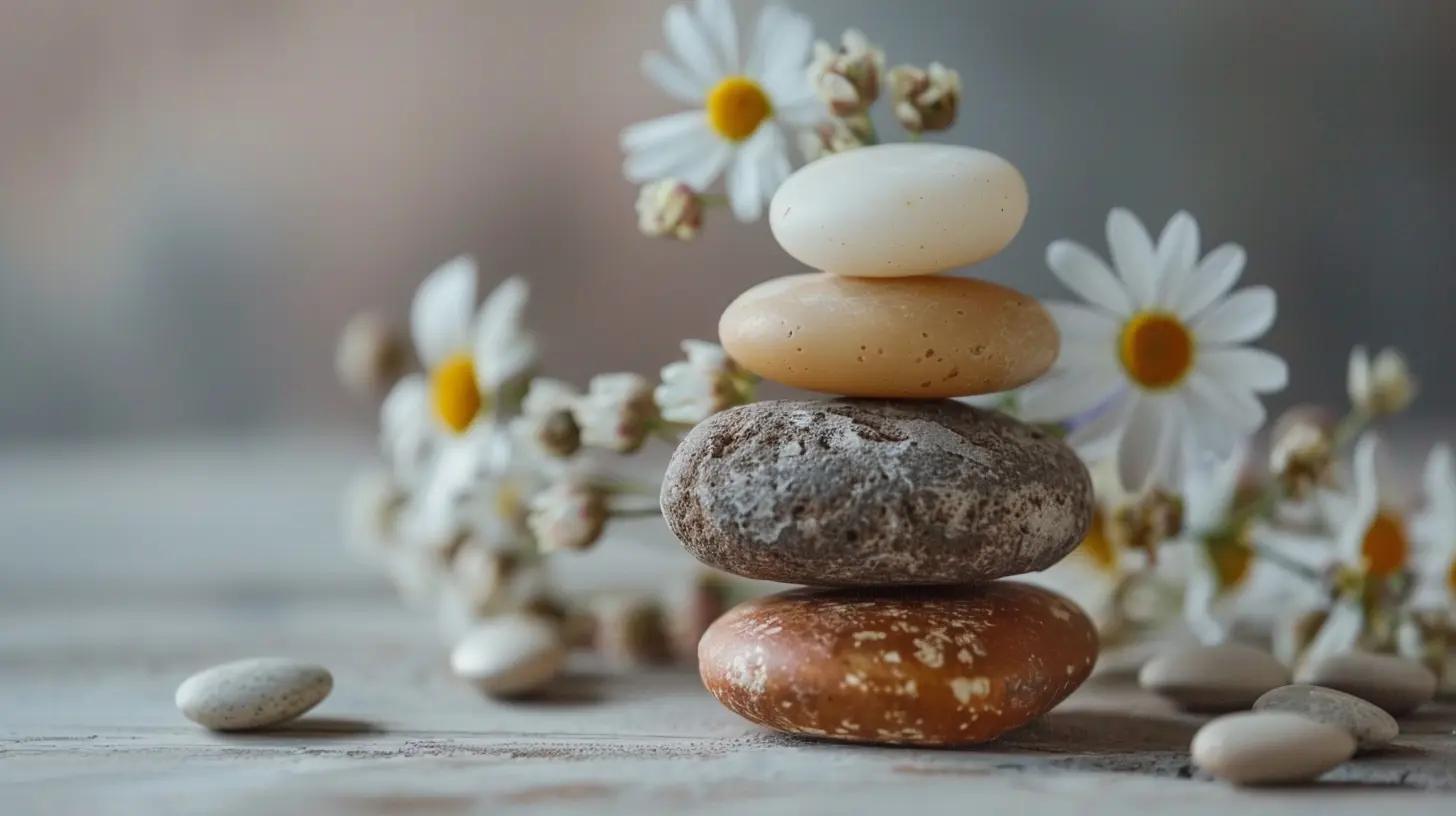18 March 2025
Have you ever felt like your body is playing tricks on you as the years roll by? One moment, you're full of energy, and the next, you're wondering why your mood suddenly feels off or why your jeans aren't as comfortable as they used to be. Well, the culprit might just be your hormones. They're like the behind-the-scenes directors of your body, orchestrating everything from your metabolism to your mood. But as we age, these little powerhouses can get a bit... unpredictable.
So, let’s dive into the fascinating connection between age and hormonal changes, and, most importantly, how you can keep things balanced. Think of this as your ultimate guide to surfing the hormonal waves as the years go by.
What Are Hormones, and Why Do They Matter?
First things first, what exactly are hormones? In simple terms, hormones are chemical messengers produced by glands in your endocrine system. They travel through your bloodstream to tell your organs and tissues what to do. From regulating your sleep, mood, and metabolism to controlling growth and reproduction, hormones are pretty much the unsung heroes of your body.But here's the catch: as you age, your hormone levels can change. And when they do, they can mess with everything from your energy levels to your hairline. Sounds unfair, right? But the good news is that once you understand the changes, you can take charge!
How Age Affects Hormonal Changes
Aging isn’t just about wrinkles and gray hair — it’s also about subtle shifts in your hormone levels. Let’s break it down by decades.Your 20s
Ah, your 20s — the golden years of hormonal balance (for most of us). This is typically when your reproductive hormones are in full swing, and everything feels... well, alive. Estrogen, progesterone, and testosterone are thriving, and your metabolism is usually at its peak. But even in your 20s, high levels of stress, poor sleep, or bad diet choices can disrupt this balance.Your 30s
By the time you hit your 30s, things might start to slowly shift. For women, estrogen and progesterone levels begin to dip slightly, especially after having children. For men, testosterone levels may also start declining gradually. While the changes are subtle, you might notice less energy, minor weight struggles, or mood swings creeping in.Your 40s
Hello, midlife hormonal rollercoaster! Women in their 40s often enter perimenopause, where estrogen and progesterone levels fluctuate wildly. This can trigger irregular periods, hot flashes, and mood changes. Men, on the other hand, may begin experiencing "andropause," a slow decline in testosterone, leading to fatigue, reduced libido, and even a dip in muscle mass.Your 50s and Beyond
For women, menopause typically kicks in between 45 and 55, marking the end of reproductive years. Estrogen levels nosedive, increasing the risk for bone loss and heart disease. For men, testosterone continues its steady decline and may lead to muscle weakness, mental fog, and changes in fat distribution.
Signs That Your Hormones Are Out of Balance
When your hormones are even slightly out of whack, your body will send you signals — kind of like those annoying notification pings on your phone. Here's what to watch for:- Unexplained Weight Gain: Struggling to zip up your favorite jeans could be due to hormonal fluctuations affecting metabolism and fat storage.
- Mood Swings and Irritability: Feel like your emotions are on a trampoline? Blame cortisol, estrogen, or serotonin imbalances.
- Low Energy Levels: If coffee no longer cuts it, your thyroid hormones might be to blame.
- Hair and Skin Changes: Thinning hair, brittle nails, or dry skin can all reflect shifts in hormone levels.
- Sleep Disturbances: Tossing and turning at night? It could be a cortisol spike or reduced melatonin.
- Decreased Libido: Both men and women may notice changes in their sex drive when hormones are out of sync.
How to Maintain Hormonal Equilibrium Over Time
Okay, so hormones can be temperamental as you age. But here’s the good news: you’re not completely at their mercy. There are plenty of things you can do to keep them in check. Let’s talk strategies.1. Prioritize Sleep
Sleep is like the ultimate reset button for your hormones. Poor sleep can disrupt cortisol (your stress hormone), insulin (which regulates blood sugar), and even your hunger hormones like leptin and ghrelin. Aim for 7-9 hours of quality sleep every night. Set a bedtime routine, avoid screens before bed, and make your bedroom a sleep sanctuary.2. Eat a Hormone-Friendly Diet
Think of your food as fuel for hormonal balance. Include plenty of healthy fats like avocados, nuts, and fatty fish — these are essential for hormone production. Add fiber-rich veggies, lean proteins, and complex carbs while cutting down on sugar and processed foods, which can spike insulin and throw everything off.3. Get Moving
Exercise isn’t just about looking good; it’s about feeling good. Regular physical activity helps regulate cortisol, boost endorphins, and maintain a healthy weight. Whether it’s yoga, running, or strength training, pick something you love so you’ll stick with it.4. Manage Stress
Stress is a hormone disruptor in disguise. Chronic stress elevates cortisol, which can lead to weight gain, sleep troubles, and mood swings. Practice mindfulness, meditation, or even just deep-breathing techniques to keep stress in check.5. Support Gut Health
Your gut is like your second brain when it comes to hormones. A healthy gut microbiome helps regulate estrogen, thyroid hormones, and more. Probiotics, fermented foods, and fiber-filled meals can work wonders for your digestive health.6. Stay Hydrated
Sounds basic, but water is life — literally. Staying hydrated helps flush out toxins and keeps your metabolic processes running smoothly. Hormones like insulin and cortisol function better when your body is properly hydrated.7. Consider Professional Help
Sometimes, lifestyle changes aren’t enough. If you’re really struggling, it’s worth consulting a healthcare provider or an endocrinologist for tailored advice. Bioidentical hormone replacement therapy (BHRT) and other treatments might be worth exploring.Supplements That May Help
Adding a few key supplements to your routine can give your body that extra edge in maintaining hormonal balance. Here are some worth considering:- Vitamin D: Often called the "sunshine vitamin," this is crucial for bone health, immune function, and hormone regulation.
- Magnesium: Helps reduce stress and supports a good night’s sleep.
- Omega-3 Fatty Acids: Known for reducing inflammation and supporting hormone health.
- Ashwagandha: This adaptogenic herb helps balance cortisol levels and reduce stress.
- Probiotics: Supports gut health, which in turn, affects hormonal health.
The Bottom Line: Balance is Key
At the end of the day, your hormones are like a finely tuned orchestra. When one instrument is out of tune, the whole symphony sounds chaotic. But with the right lifestyle tweaks, you can tame the hormonal chaos and live in harmony with your body’s natural rhythms.Aging is inevitable, but feeling out of balance doesn’t have to be. By taking care of yourself — mind, body, and soul — you can age gracefully and maybe even enjoy the process. Remember, life is a journey, not a sprint, so treat your hormones like your lifelong travel companions. They’re here for the ride, just like you.








Rusty Whitley
Age gracefully? More like age hilariously with hormonal gymnastics!
April 2, 2025 at 3:46 PM